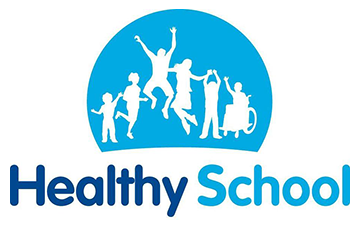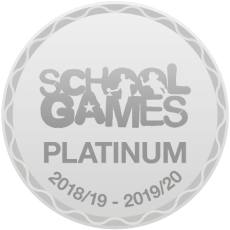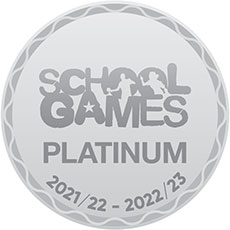Reading
Reading
Intent
At Charles Darwin, we believe that the teaching of reading is integral to a child’s understanding and appreciation of the world around them; a platform that allows our children to see beyond what they know, share in cultural experiences and develop the vocabulary they need to effectively express themselves. Our reading curriculum strives to foster a lifelong love of reading. We cultivate the behaviours that they will need to be discerning readers as they read frequently and widely using self-regulation strategies and discuss what they read. This curriculum is delivered through synthetic phonics, a linked approach to shared and guided reading, home reading, reading across the curriculum, regular opportunities for independent reading and hearing quality texts read aloud every day. All of these are essential components as they offer the range of opportunities needed to develop fluent, enthusiastic and critical readers.
It is important that children are motivated to read at home regularly; when their reading opportunities increase, so does their fluency and stamina which in turn increases their enjoyment of reading. Therefore, the link between children’s motivation to read and reading for pleasure is reciprocal. Furthermore, we know that reading for pleasure is beneficial not only for not only reading outcomes, but for wider learning enjoyment and mental wellbeing. Thus, we work hard to foster a love of independent reading and build communities of engaged readers.
Implementation Early Reading and Phonics
Learning to read is one of the most important things a child will ever learn. It underpins everything else, so we believe in putting as much energy as we possibly can into making sure that every single child learns to read as quickly as possible. We also want our children to develop a real love of reading and to want to read for themselves. We start teaching phonics in Reception and continue teaching into Year 1 following the Little Wandle Letters and Sounds Revised progression, which ensures children build on their growing knowledge of the alphabetic code, mastering phonics to read and spell as they move through school. Phonics and reading activities are mainly taught as a whole class. Discreet phonic sessions take place daily for 20 minutes
Each child also takes place in three guided reading sessions, reading a book that they are able to read fluently chosen by the teacher. The sessions focus on fluency, prosody and comprehension. After the third read the child takes home the book for a week. Children also choose a book from the library as a Reading for Pleasure book. This is to be shared for enjoyment at home.
Impact
Essential skills and knowledge are prioritised and children are able to move successfully into the next year group. Children enjoy reading and access their learning at a level appropriate to their needs. Resources are used effectively and implemented consistently. Children understand the purpose of phonics and can use their skills confidently in other subjects.
Statutory assessment
Children in Year 1 sit the Phonics Screening Check. Any child not passing the check re-sits it in Year 2.
Implementation Year 2 to Year 6
Children who have not completed phonics or need extra support will continue to be taught phonics until their phonic knowledge is secure. This occurs in small groups or one to one depending on the individual. The LWLaSR programme is used for this.
Whole class reading begins in Year 2. Each half term, a high-quality whole class reading text will be set for pupils to study and discussion an immersive environment. During whole class reading, there is a high level of interaction between teachers and pupils. Texts are set from our programme Pathways to Read to provide appropriate challenge that builds on pupils’ existing knowledge and understanding. Pathways to Read complements our English programme Pathways to Write, ensuring continuity through the whole subject. During these sessions, children will also work on independent tasks that require them to demonstrate and apply the skills taught. There is a big focus on developing children’s understanding of higher level vocabulary in whole class reading. Key focus words will be preselected by the teacher for children to explore during each session.
Children also choose a book from the library as a Reading for Pleasure book. This is to be shared for enjoyment at home.
Impact
By the end of KS2 children can read fluently and have the key skills needed to understand a range of text types. Children enjoy reading and see themselves as readers. They can talk about the types of book they like to read and know how to find other books that they might enjoy.










